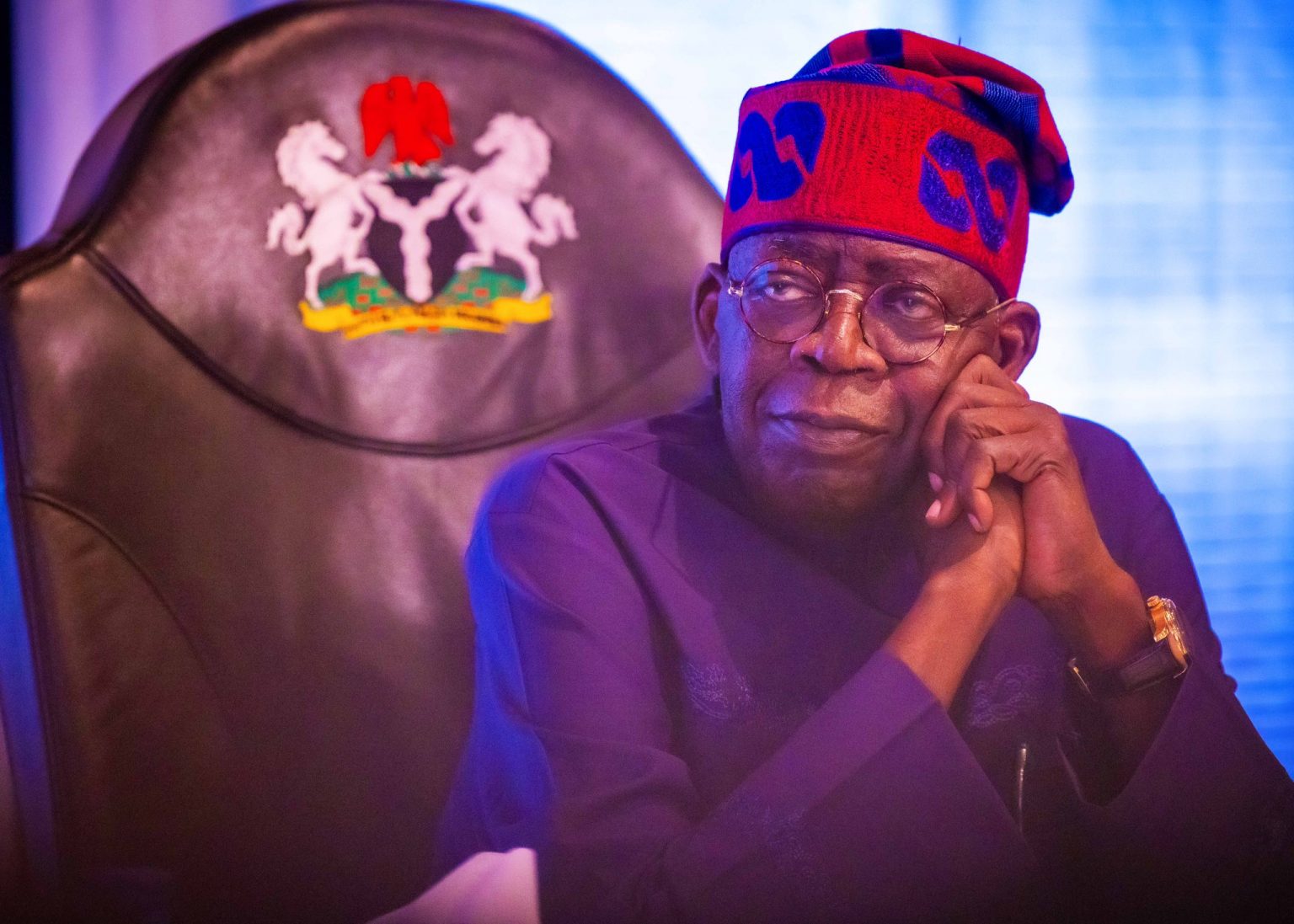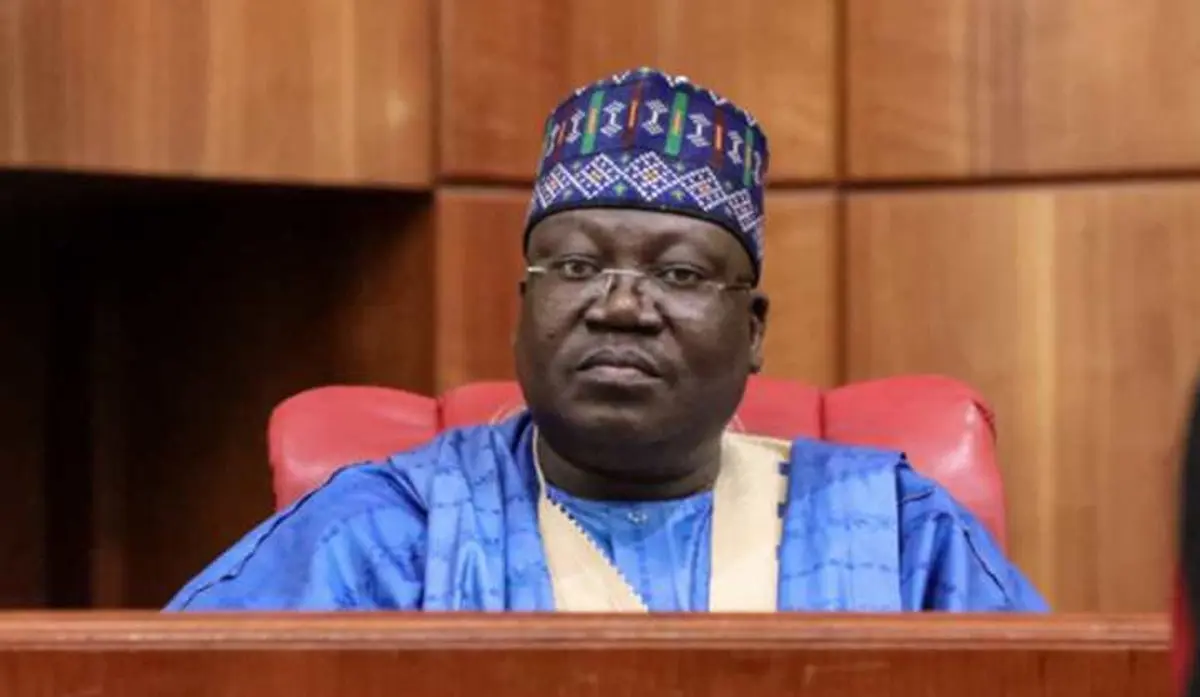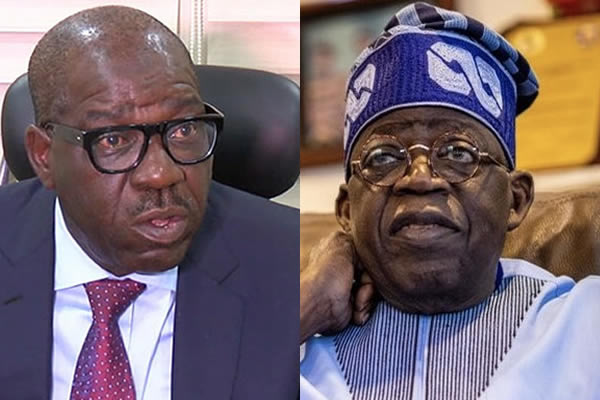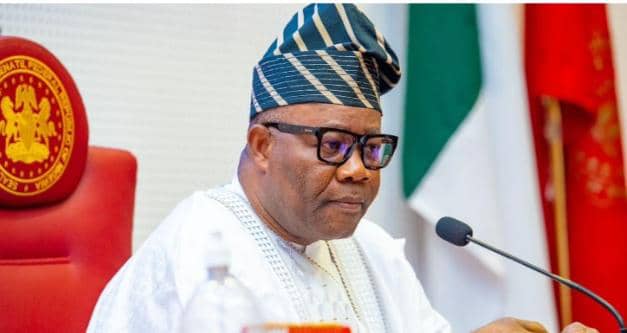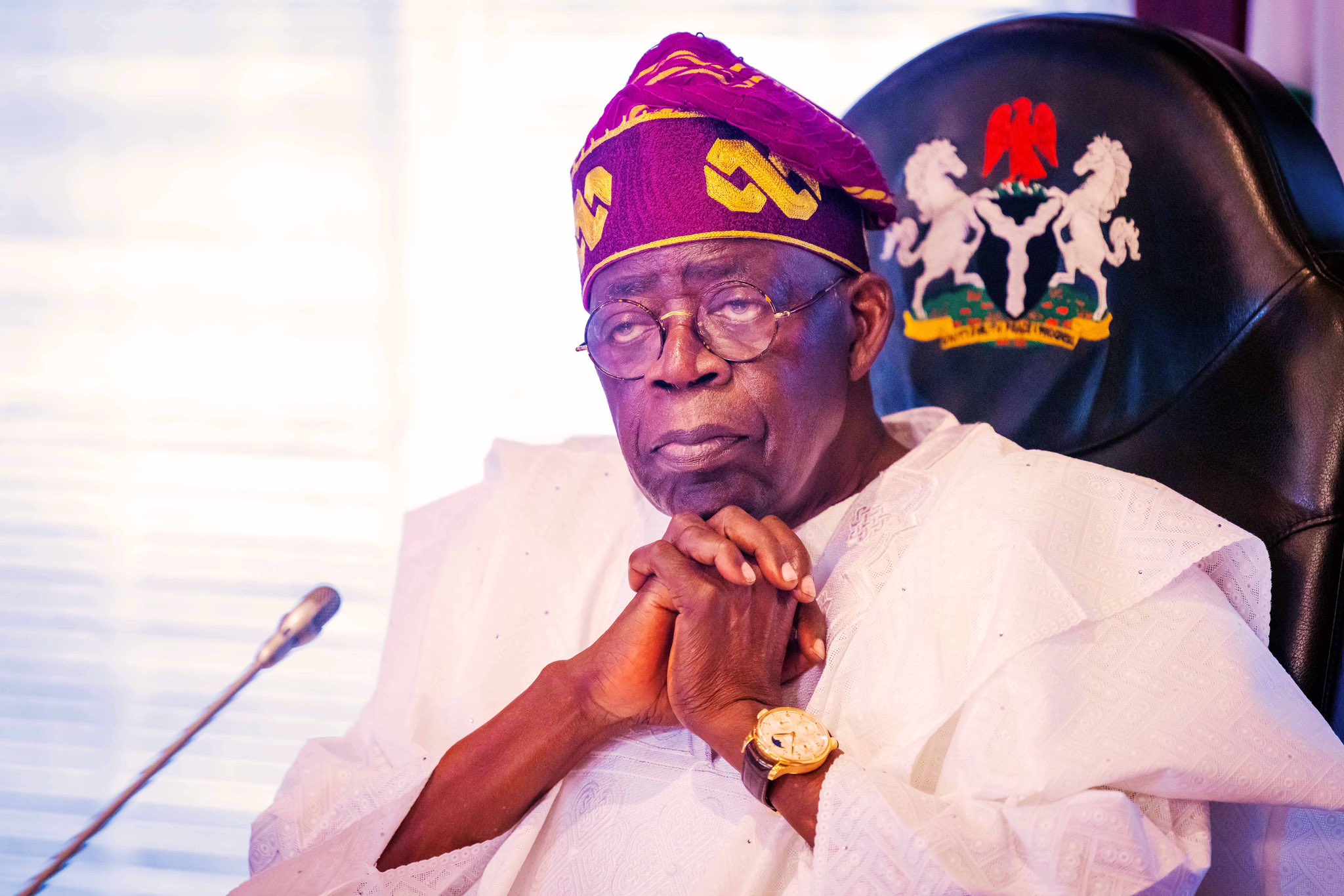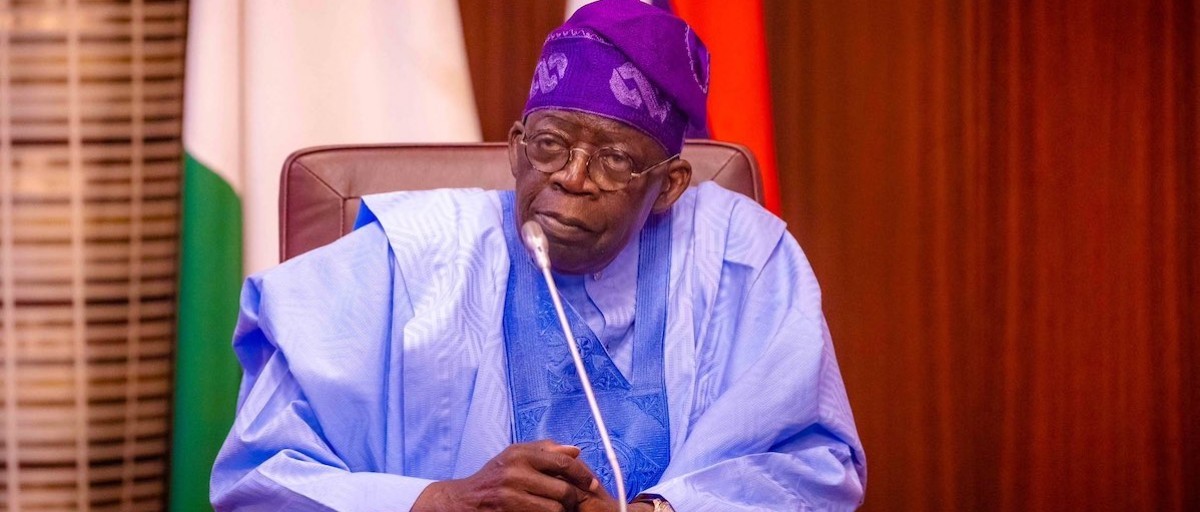President Bola Ahmed Tinubu’s first 100 days in office, have been marked by bold decisions aimed at addressing the country’s longstanding economic issues, but they have also brought immediate challenges for Nigerians.
The Senior Special Assistant to the President on National Assembly Matters (Senate), Senator Abdullahi Gumel, pointing to various activities undertaken during this period, has lauded the President’s strong commitment to Nigeria’s renewed hope.
Speaking at a news conference in Abuja, Gumel said: “The administration has stabilised the polity and reduced tensions associated with ethnic and religious agitations by better managing our diversity.
“Tinubu ensured balance in all the appointments into key government positions including that of service chiefs from diverse parts of the country.
The Fuel Subsidy Removal: A Controversial Move
One of the defining actions of President Tinubu’s administration during his first 100 days was the removal of the fuel subsidy which he announced during his inaugural speech on May 29.
The government views this as a necessary and courageous step to address a long-standing issue that has hindered economic growth.
The Minister of Information and National Orientation, Mallam Mohammed Idris, noted that the fuel subsidy regime had hung over Nigeria like a “Sword of Damocles” for decades, stunting the nation’s growth and forcing it into borrowing.
Gumel, also stressed that “Tinubu’s courage to announce fuel subsidy removal on May 29 shows his determination to put Nigeria on the path of economic growth and sustainability.”
However, the government’s failure to implement a mitigation plan for the repercussions of fuel subsidy removal led to the Nigeria Labour Congress initiating a two-day warning strike on Tuesday, to protest the significant hardship faced by many households.
Gumel pointed out that President Tinubu was well aware of the challenges this move would bring and is actively working to mitigate them: “The N5 billion released to state governments and other measures being put in place to ensure that the impact of the subsidy removal was minimized are all evidence that he means well for Nigerians.”
Economic Realignment
In addition to the fuel subsidy removal, President Tinubu took steps to realign the Nigerian economy by unifying the multiple foreign exchange markets, a move aimed at bringing transparency and consistency to currency exchange.
This decision, which has peaked the exchange rate at N920/USD, was seen as a necessary step to address the complexities and inconsistencies in the foreign exchange system.
President Tinubu’s first 100 days also saw a strong commitment to economic diversification.
To this end, a Tax and Fiscal Reforms Committee was established with a mandate that includes simplifying the tax system, eliminating multiple taxes, streamlining business regulations, and addressing the annual tax gap of over 20 trillion Naira.
This initiative aims to create a more business-friendly environment and stimulate economic growth.
From the government’s perspective, other major highlights of President Tinubu’s 100 days in office include efforts to cushion the effects of subsidy removal include raising minimum wages, supporting local governments, and providing assistance to vulnerable citizens.
Others include: plans for over 11,000 CNG buses for affordable public transportation and discussions on modular refineries, swift appointment of ministers and service chiefs, efforts to attract foreign investment.
Key Economic metrics
A comparison of some key economic indicators over the period under review provides insights into the economic situation of the country and the implications for citizens.
These metrics which defined President Tinubu’s 100 days in office include: exchange rate, inflation, crude oil price, oil production, and fuel price in the country pre and post May 29.
1. Exchange Rate: From N462/US$1 to N920/US$1
The significant depreciation of the Nigerian Naira against the US Dollar means that it now takes more Naira to purchase one US Dollar.
What this means is that imported goods and services become more expensive, Nigerians traveling abroad will need more Naira to exchange for foreign currencies, making foreign trips more costly, businesses that rely on imported inputs may face increased production costs, potentially leading to higher prices for their products.
2. Inflation: From 22.41 per cent to 24.08 per cent
The rise in inflation indicates a general increase in the prices of goods and services within President Tinubu’s first 100 days, resulting in reduced purchasing power for consumers and higher living costs, including food, housing, and healthcare expenses. Savings and fixed incomes also lose value.
3. Crude Oil Production and Price:
There was a slight decrease in oil production from 1.18 million barrels per day to 1.08 million barrels per day over the last 100 days even as crude oil prices rose from S$76 per barrel to US$92 per barrel, representing an opportunity for higher government revenue from oil exports and enhanced ability to fund infrastructure, social programs, and public services.
4. GDP Growth Rate: From 2.31 per cent to 2.51 per cent
While there was a modest increase in GDP growth, a stronger economy typically implies more job opportunities for citizens, increased investments and business activities and improved overall economic well-being.


